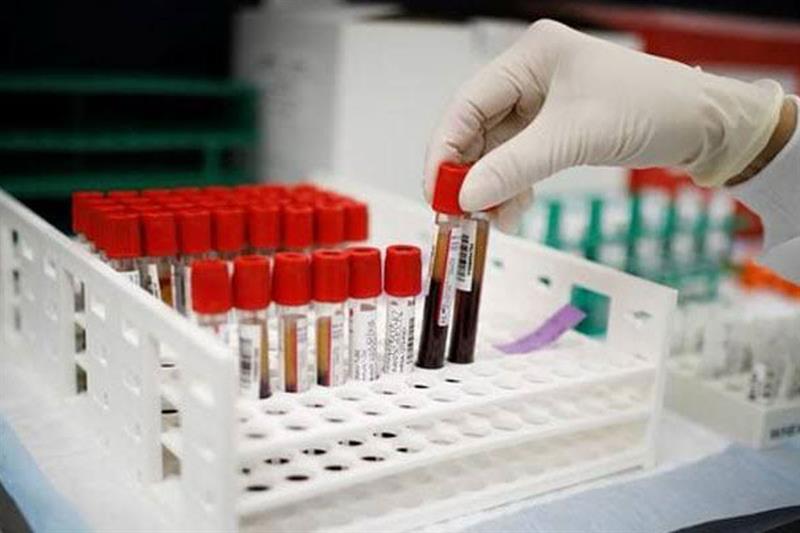Know All About the World’s 48th Blood Group System
Scientists have identified a brand-new blood group called “Gwada negative“ in a woman from Guadeloupe, a Caribbean island. This rare find has now been officially recognized as the 48th blood group system in the world by the International Society of Blood Transfusion (ISBT).
The discovery was made thanks to advanced DNA sequencing, which revealed a rare genetic mutation behind this unique blood type.
The woman is currently the only known person in the world with the “Gwada negative” blood type, meaning she can only receive blood from herself.
According to Science Alert, the discovery traces back to 2011, when the woman—then 54 years old and living in Paris—was undergoing routine blood tests before surgery. During the tests, scientists found a highly unusual antibody that didn’t match any known blood group. However, due to limited resources at the time, they couldn’t investigate the findings further.
In 2019, scientists at the French Blood Establishment (EFS) finally used advanced DNA sequencing to identify the genetic mutation behind the newly discovered blood type.
Named “Gwada negative” after the woman’s Guadeloupean heritage, the rare blood group was found to be inherited from both her parents, who each carried the mutated gene.
Thierry Peyrard, a medical biologist involved in the research, called the case truly unique. He explained that the woman is currently the only person in the world with this blood type—making her compatible only with herself, which poses serious challenges for any future blood transfusions.
The French Blood Establishment (EFS), which announced the discovery, stressed the importance of identifying new blood groups to improve patient care—particularly for those with rare or hard-to-match types.
With the help of advanced DNA sequencing, scientists are now able to detect rare blood groups more quickly. Researchers are hopeful that others with the “Gwada negative” blood type may be found in the future. This would help them better understand its characteristics and develop safer transfusion strategies for such rare cases.
👉 Click here to read the latest Gujarat news on TheLiveAhmedabad.com




